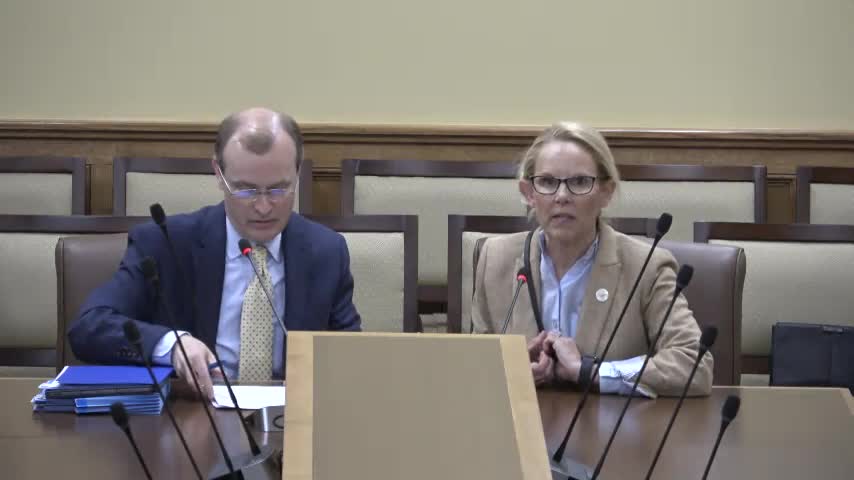Article not found
This article is no longer available. But don't worry—we've gathered other articles that discuss the same topic.
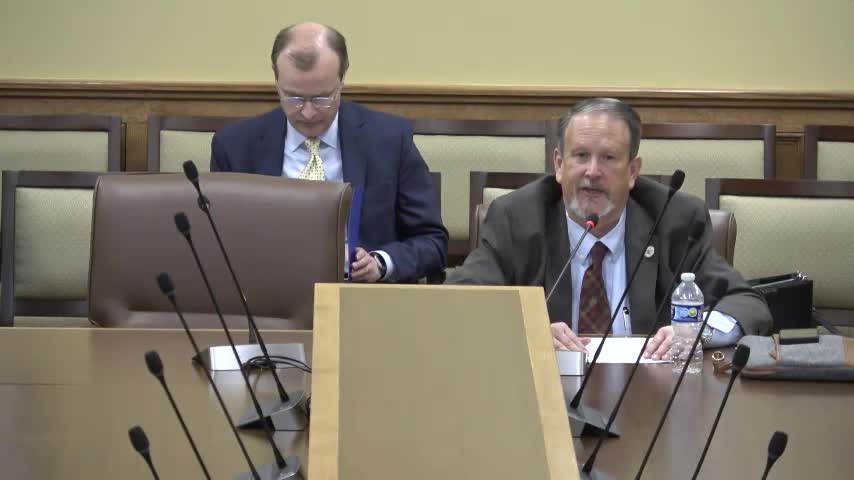
Committee passes bill protecting deployed service members from tax-penalty assessments
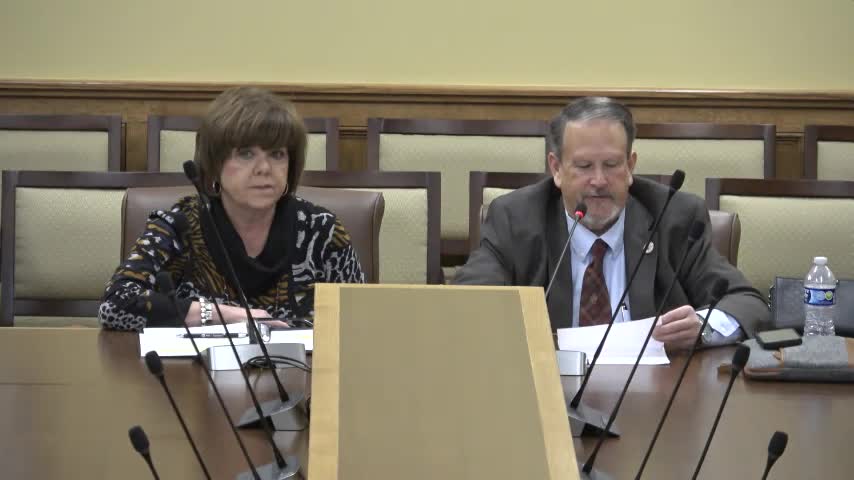
Committee hears tax-exemption bill for agricultural and timber parts and equipment; sponsors highlight impact on small farmers
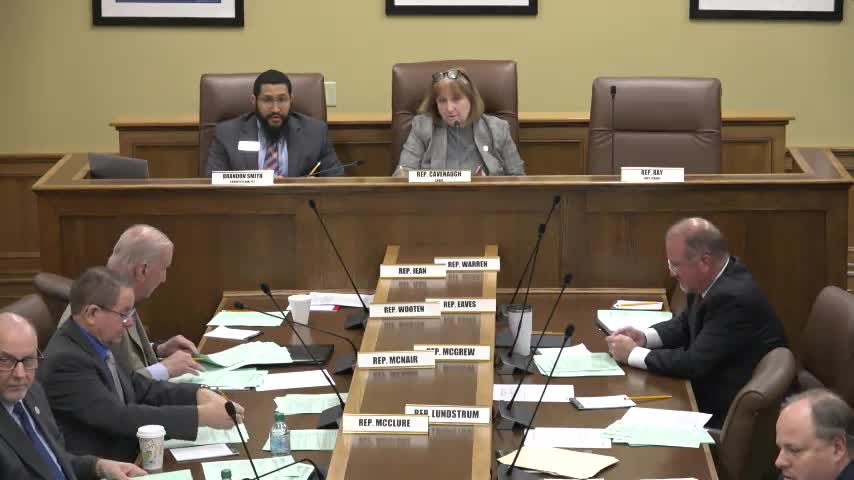
Committee hears broadband equipment tax-exemption bill; no vote taken
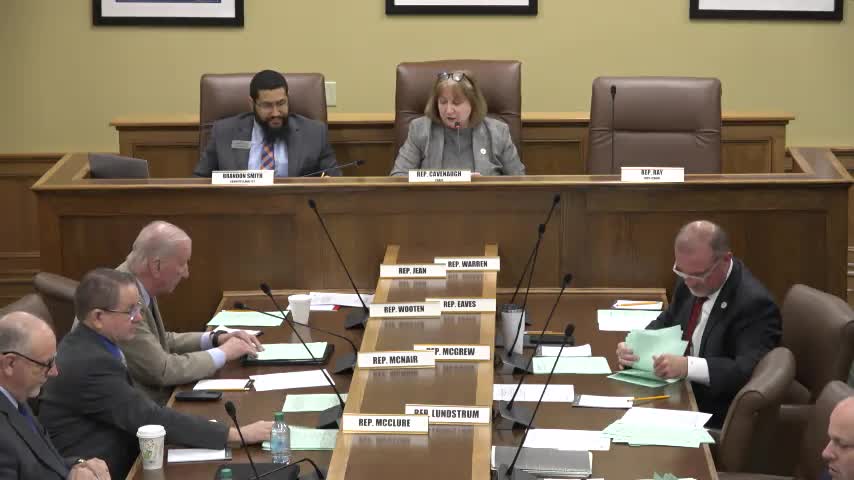
Committee approves bill aligning vehicle-registration deadlines with assessment timing
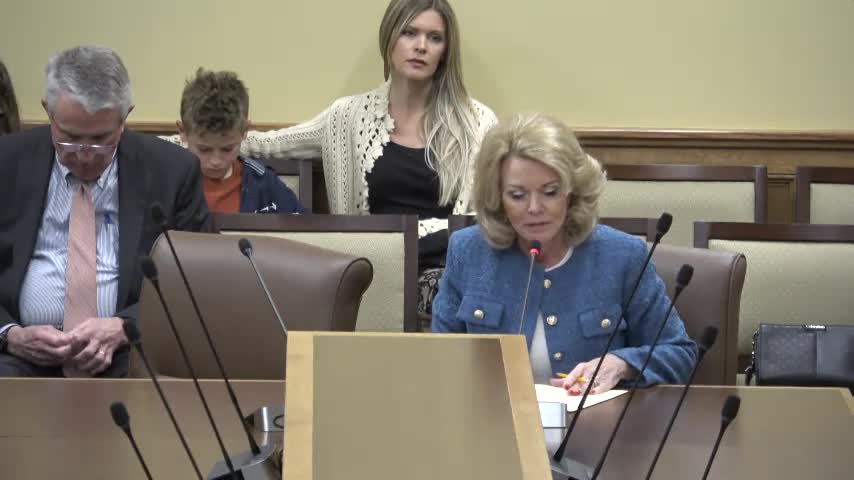
Sponsor withdraws property-tax transfer bill after lengthy debate and assessor testimony
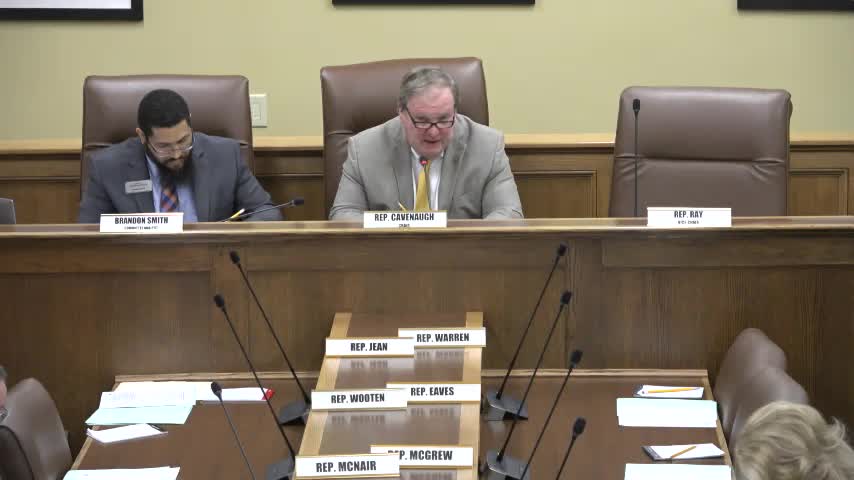
Committee clears multiple bills repealing obsolete agency reports
